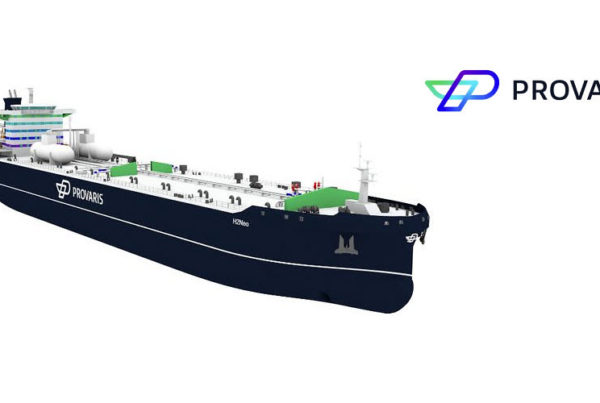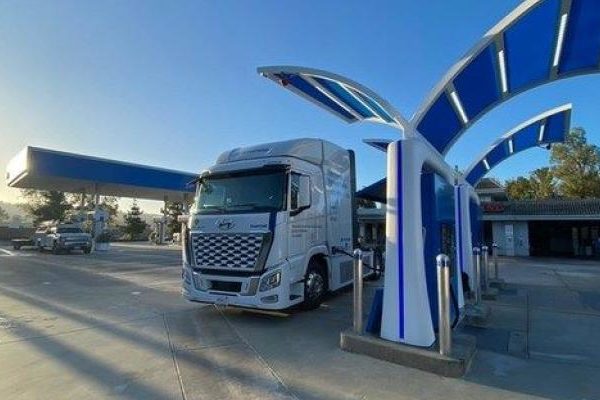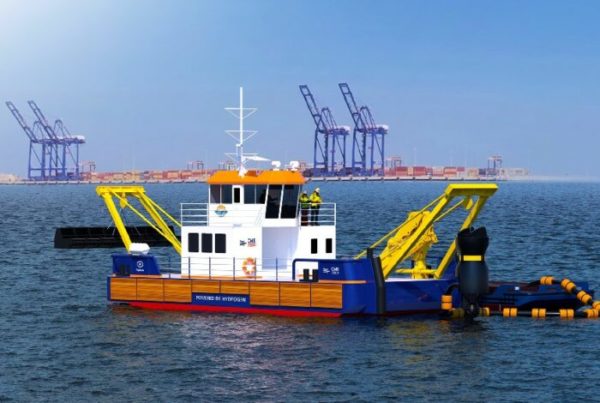
- The Arizona facility will be the first of its kind
A collaboration between Arizona State University’s Rob and Melani Walton Sustainability Solutions Service and waste-to-energy solutions company Clean-Seas is slated to bring a clean hydrogen facility — the first of its kind — to Arizona.
The two entities recently signed a memorandum of understanding to establish a $50 million plastic-to-clean hydrogen facility in a project that brings new meaning to the phrase “one man’s trash is another man’s treasure.”
According to the agreement, Clean-Seas will establish the facility and the Rob and Melani Walton Sustainability Solutions Service will provide access to its network of nearly 800 Global Futures scientists and scholars, as well as facilitation within its ASU-based headquarters.
“What we are not trying to do is sustain the flow of plastic materials,” said Michael Dorsey, director and chair of the Rob and Melani Walton Sustainability Solutions Service. “That is a flow that needs to end and neither of us, at Walton or Clean-Seas, want the landfill to be the destination of plastic waste.”
The proposed facility is expected to source plastic waste feedstock from the Phoenix metro region and redirect from landfills and incinerators. This material will then be converted to recycled-content plastic and Clean-Seas’ proprietary clean hydrogen product. Dorsey said the Rob and Melani Walton Sustainability Solution Service and Clean-Seas share a common vision: a sustainable, green, hydrogen-based global economy.
“We’re delighted to partner with ASU’s Rob and Melani Walton Sustainability Solutions Service,” said Dan Bates, CEO of Clean-Seas. “ASU and its extensive network of hundreds of renowned experts, and successful track record, advances the realization of our sustainability and hydrogen technology goals with collaborative deployment of state-of-the-art resources.”
“Right now, the process of generating hydrogen is enormously energy-intensive,” Dorsey said. “What’s key is making it a green hydrogen-based economy, not just any hydrogen-based economy. Part of a green hydrogen-based economy is using renewable energy and also coming up with new, non-fossil fuel technologies to do that more efficiently.”
Read the most up to date Fuel Cell and Hydrogen Industry news at FuelCellsWorks
Rob and Melani Walton Sustainability Solutions Service is part of ASU’s Global Institute of Sustainability and Innovation, which operates within the Julie Ann Wrigley Global Futures Laboratory. Clean-Seas is a wholly owned subsidiary of Clean Vision, a corporation focused on solutions with an emphasis on sustainability and renewable energy.




